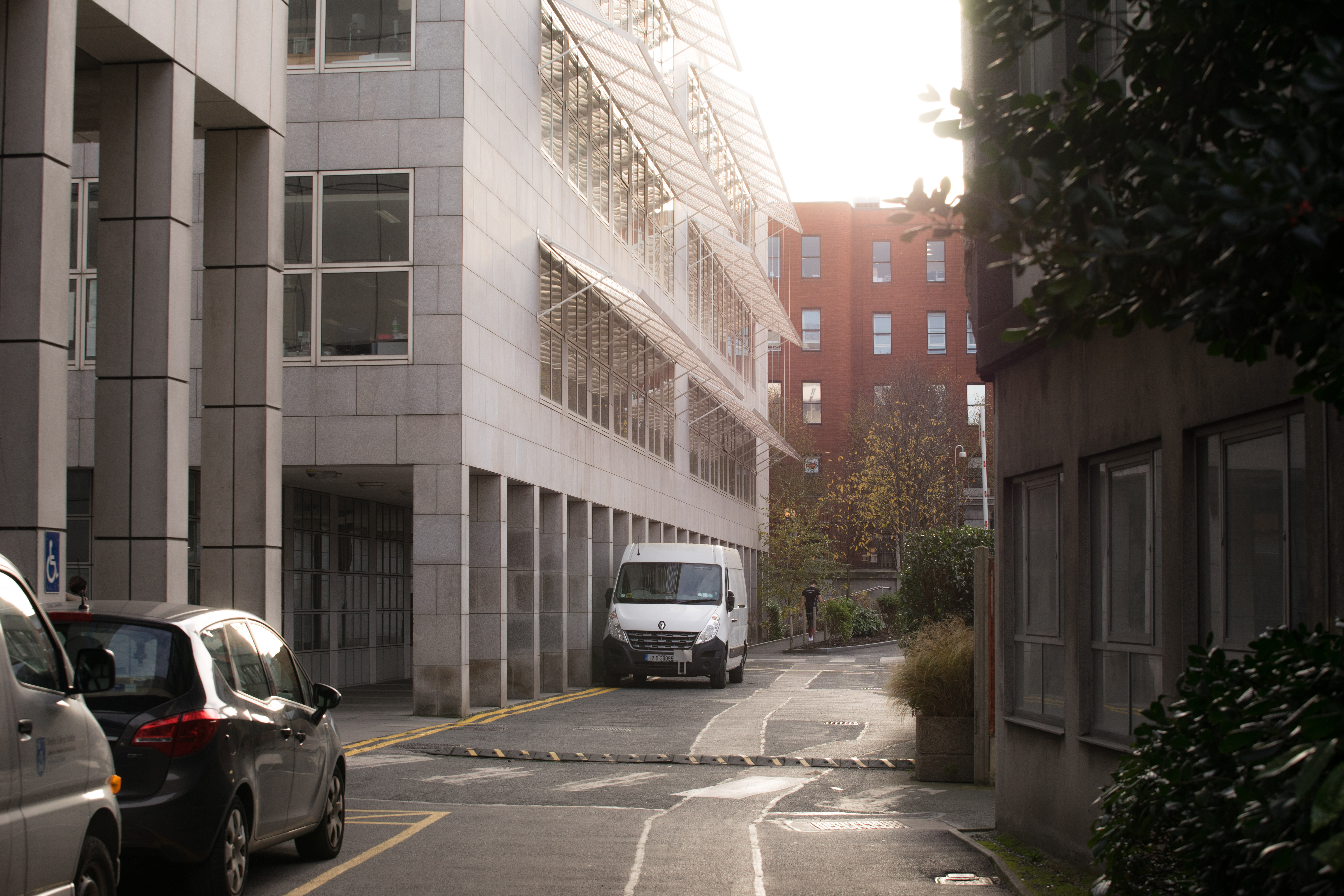A group of Trinity students, spearheaded by Senior Fresh Maths and Theoretical Physics students are in the initial stages of establishing a “Women in STEM” society.
Speaking to Trinity News, the founders of the movement, detail their aims as “tackling the gender gap in Science Technology Engineering and Maths (STEM) by creating a proactive community to promote women studying STEM subjects and to attract speakers who promote the visibility of women in STEM.”
The SF classmates, fuelled by an underlying sexist attitude within STEM, credit comments insinuating that women are not capable of the same brilliance as men as their motivation, alongside an awareness that Trinity lacks an existing support system for women in STEM. Founding member Taillte May cited examples of this underrepresentation. “When I started in TP (Theoretical Physics) last year there were 7 girls out of 44 students, or less than 16%. Maths students in my year have never had a female lecturer. TPs have only had one module taught by a woman.”
A Facebook group “TCDSU Women in STEM”, only a few weeks old, has more than 280 members and the movement has seen enthusiastic support from both inside Trinity College Dublin Students’ Union (TCDSU), and from staff and students alike within the combined STEM disciplines.
May praised the support of the SU, in particular Communications and Marketing Officer Una Harty. “She has found us sponsorship, in the form of free tea and coffee… as well as promoting the group and our event.” Aoife Crawford, Trinity College Equality Officer, recognises the benefits of such a society to the University. “Such a society would also very much support the university’s strategic aims for gender equality in the student body”.
The founders of the proposed society want to ensure Trinity is in the vanguard of thought on this matter. It mirrors the Cambridge University Emmy Noether Society, which aims to promote women studying mathematical sciences and Harvard University’s Gender Inclusivity in Mathematics group, an organisation dedicated to reducing the gender gap in the Harvard math department.
Massachusetts Institute of Technology (MIT), Stanford University and Oxford University all run programmes which encourage diversity in maths and provide mentorship for undergraduate women.
The Top 10 Universities for Mathematics in the World, according to the QS World University Rankings by Subject 2017 all have societies and organisations dedicated towards promoting Women in STEM. Fiona May, secretary of Trinity’s Central Societies Committee (CSC) warned: “Trinity does not operate the way other universities do and just because other universities have these societies, does not put Trinity under any obligation whatsoever to recognise them”.
The group believes there is space for them within Trinity’s current society scene and they do not think that there is currently any society which offers what they plan to. Taillte May believes that neither Dublin University Gender Equality Society (DUGES) nor SciSoc intersects with their group, explaining that “General science is only one aspect of the vast collective that is STEM. DUGES has distinct political connotations which we feel are not the focus of our group, which we consider to be students in STEM. We will continue to lobby the CSC for recognition, but will prioritise the establishment of a group that can work practically to improve the college experience of STEM students.”
Dr. Ruth Britto, Professor in Theoretical Physics at Trinity, “strongly recommends the establishment of a student society for women in STEM.” Professor Britto credits “acquaintanceships formed through regular contact in groups of women students in STEM” during her time in MIT and Harvard as providing “continuing psychological sustenance in continuing in a career in which I still often find myself to be the only woman in the room, or the only senior-level woman at a conference.”
Professor John Stalker, head of the maths department in Trinity also supports the proposed society. “On behalf of the School of Mathematics I would like to express my strong support for the proposed Women in STEM Society, which I believe would be very useful to women in schools, including my own, in which they are seriously underrepresented”.
Statistics released by the Central Statistics Office (CSO) in 2015 place Ireland at the top of the European leaderboard for STEM graduates. However the internal gender imbalance is stark – 37 percent of male Irish graduates are from STEM disciplines compared to 12.9 percent of female graduates. It is difficult to pinpoint what is the cause of the vast discrepancy in numbers of women versus men in STEM.
Trinity already recognises that there is work to be done, and encourages secondary level female students though the I WISH (Inspiring Women in STEM) programme to pursue degrees and careers in STEM.
However, simply encouraging women to take up STEM subjects is not enough. The 2014 Harvard University Undergraduate Maths survey, which found that women entering Harvard had participated in maths competitions in high school at roughly the same rate as men yet “49 percent of men plan on writing theses in maths while only 26 percent of women do. “







